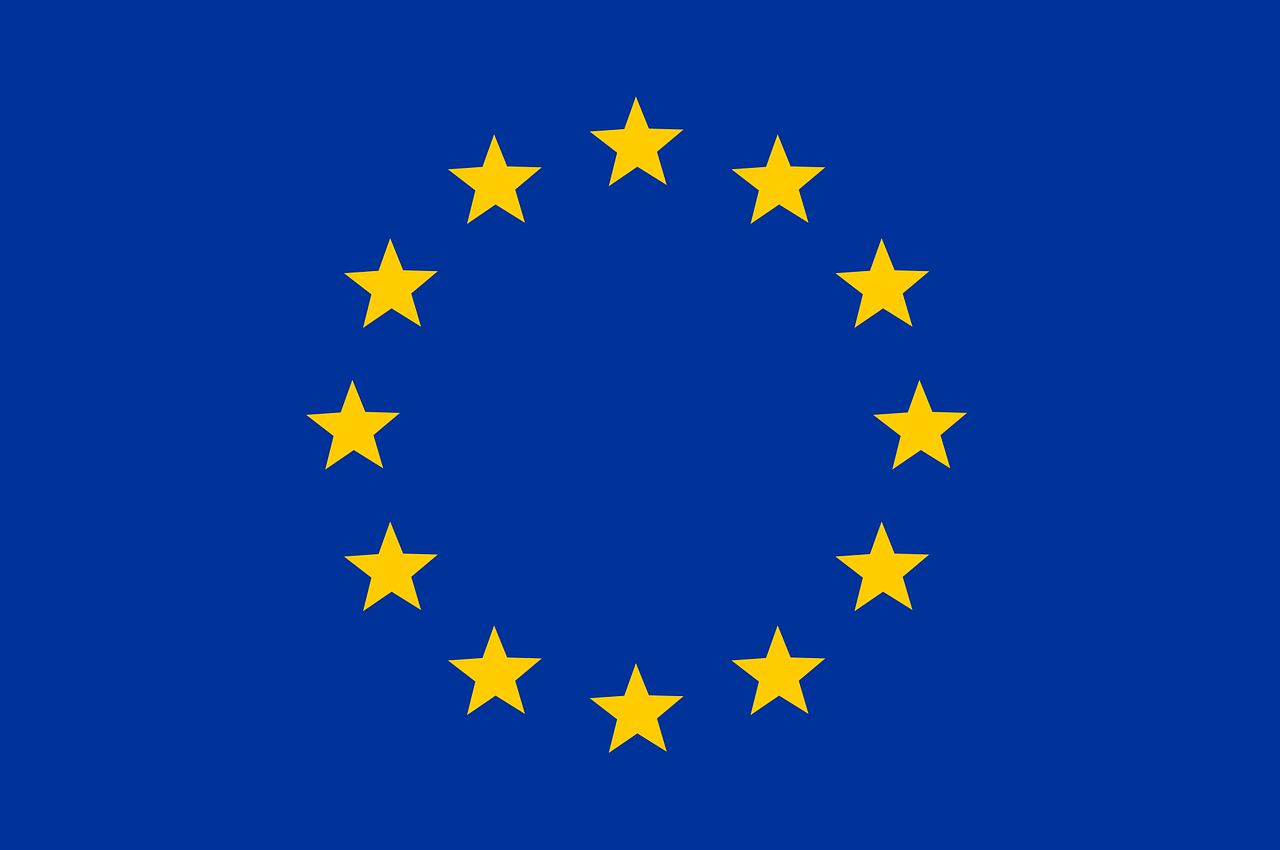
403
Sorry!!
Error! We're sorry, but the page you were looking for doesn't exist.
Official says EU operating to radically stop Russian gas transfer through Ukraine
(MENAFN) In a significant move, the European Commission is intensively working towards severing its reliance on Russian gas supplies delivered through Ukraine, as revealed by Tim McPhie, the commission's spokesperson. The European Union's existing gas transit contract with Moscow is set to expire at the end of this year, prompting concerted efforts to explore alternative sources and routes.
McPhie disclosed that the current annual transit volume to key European Union nations like Austria, Slovakia, the Czech Republic, and Italy stands at approximately 15 billion cubic meters.
He emphasized the Commission's dedication to collaborating closely with these countries to secure viable gas supplies, albeit refraining from specifying the alternative routes under consideration. McPhie highlighted the importance of ensuring these nations receive gas through other pipelines and liquefied natural gas, expressing confidence in the feasibility of such transitions.
Brokered by the European Union, the current five-year gas transit contract between Russia and Ukraine, signed in 2019 just a day before the previous agreement expired, set specific transit volumes. According to the terms, Russian energy giant Gazprom committed to transporting 65 billion cubic meters of gas through Ukraine in 2020 and 40 billion annually from 2021 to 2024.
Presently, the transit line through Ukraine and the European extension of TurkStream remain the sole conduits for piped Russian gas to reach Central and Western Europe.
Despite the current contract's expiration approaching, European Energy Commissioner Kadri Simson declared during a recent European Union Parliament committee meeting that the bloc has no intentions of extending the existing gas transit agreement with Russia via Ukraine. This signals a strategic shift in the European Union's energy landscape, as it actively seeks diversified sources and transportation methods to reduce dependency on Russian gas through Ukraine.
As the European Commission navigates these intricate negotiations, the energy dynamics in the region are poised for transformation, with potential ramifications for both diplomatic relations and the energy security of European Union member states. The unfolding developments underscore the continent's commitment to reshaping its energy portfolio and ensuring a resilient and diverse supply chain for the years to come.
McPhie disclosed that the current annual transit volume to key European Union nations like Austria, Slovakia, the Czech Republic, and Italy stands at approximately 15 billion cubic meters.
He emphasized the Commission's dedication to collaborating closely with these countries to secure viable gas supplies, albeit refraining from specifying the alternative routes under consideration. McPhie highlighted the importance of ensuring these nations receive gas through other pipelines and liquefied natural gas, expressing confidence in the feasibility of such transitions.
Brokered by the European Union, the current five-year gas transit contract between Russia and Ukraine, signed in 2019 just a day before the previous agreement expired, set specific transit volumes. According to the terms, Russian energy giant Gazprom committed to transporting 65 billion cubic meters of gas through Ukraine in 2020 and 40 billion annually from 2021 to 2024.
Presently, the transit line through Ukraine and the European extension of TurkStream remain the sole conduits for piped Russian gas to reach Central and Western Europe.
Despite the current contract's expiration approaching, European Energy Commissioner Kadri Simson declared during a recent European Union Parliament committee meeting that the bloc has no intentions of extending the existing gas transit agreement with Russia via Ukraine. This signals a strategic shift in the European Union's energy landscape, as it actively seeks diversified sources and transportation methods to reduce dependency on Russian gas through Ukraine.
As the European Commission navigates these intricate negotiations, the energy dynamics in the region are poised for transformation, with potential ramifications for both diplomatic relations and the energy security of European Union member states. The unfolding developments underscore the continent's commitment to reshaping its energy portfolio and ensuring a resilient and diverse supply chain for the years to come.

Legal Disclaimer:
MENAFN provides the
information “as is” without warranty of any kind. We do not accept
any responsibility or liability for the accuracy, content, images,
videos, licenses, completeness, legality, or reliability of the information
contained in this article. If you have any complaints or copyright
issues related to this article, kindly contact the provider above.


















Comments
No comment